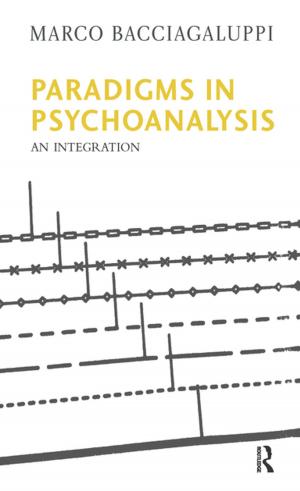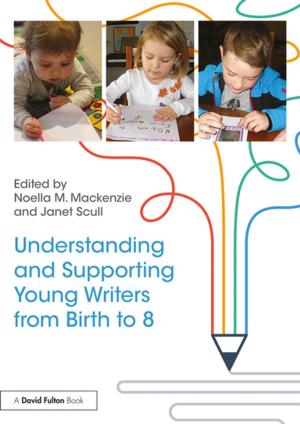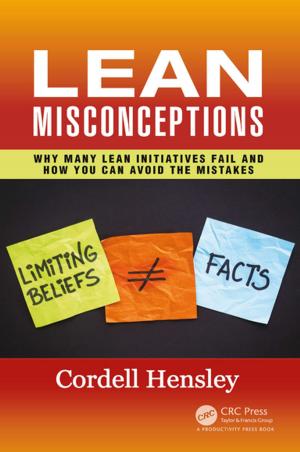| Author: | ISBN: | 9781317056645 | |
| Publisher: | Taylor and Francis | Publication: | April 1, 2016 |
| Imprint: | Routledge | Language: | English |
| Author: | |
| ISBN: | 9781317056645 |
| Publisher: | Taylor and Francis |
| Publication: | April 1, 2016 |
| Imprint: | Routledge |
| Language: | English |
Located at the intersection of new historicism and the 'new formalism', historical formalism is one of the most rapidly growing and important movements in early modern studies: taking seriously the theoretical issues raised by both history and form, it challenges the anti-formalist orthodoxies of new historicism and expands the scope of historicist criticism. Shakespeare and Historical Formalism is the first volume devoted exclusively to collecting and assessing work of this kind. With essays on a broad range of Shakespeare's works and engaging topics from performance theory to the emergence of 'the literary' and from historiography to pedagogy, the volume demonstrates the value of historical formalism for Shakespeare studies and for literary criticism as a whole. Shakespeare and Historical Formalism begins with an introduction that describes the nature and potential of historical formalism and traces its roots in early modern literary theory and its troubled relationship with new historicism. The volume is then divided into two sections corresponding to the two chief objectives of historical formalism: a historically informed and politically astute formalism, and a historicist criticism revitalized by attention to issues of form. The first section, 'Historicizing Form', explores from a variety of perspectives the historical and political sources, meanings and functions of Shakespeare's dramatic forms. The second section, 'Re-Forming History', uses questions of form to rethink our understanding of historicism and of history itself, and in doing so challenges some of our fundamental literary-critical, pedagogical and epistemological assumptions. Concluding with suggestions for further reading on historical formalism and related work, Shakespeare and Historical Formalism invites scholars to rethink the familiar categories and principles of formal and historical criticism.
Located at the intersection of new historicism and the 'new formalism', historical formalism is one of the most rapidly growing and important movements in early modern studies: taking seriously the theoretical issues raised by both history and form, it challenges the anti-formalist orthodoxies of new historicism and expands the scope of historicist criticism. Shakespeare and Historical Formalism is the first volume devoted exclusively to collecting and assessing work of this kind. With essays on a broad range of Shakespeare's works and engaging topics from performance theory to the emergence of 'the literary' and from historiography to pedagogy, the volume demonstrates the value of historical formalism for Shakespeare studies and for literary criticism as a whole. Shakespeare and Historical Formalism begins with an introduction that describes the nature and potential of historical formalism and traces its roots in early modern literary theory and its troubled relationship with new historicism. The volume is then divided into two sections corresponding to the two chief objectives of historical formalism: a historically informed and politically astute formalism, and a historicist criticism revitalized by attention to issues of form. The first section, 'Historicizing Form', explores from a variety of perspectives the historical and political sources, meanings and functions of Shakespeare's dramatic forms. The second section, 'Re-Forming History', uses questions of form to rethink our understanding of historicism and of history itself, and in doing so challenges some of our fundamental literary-critical, pedagogical and epistemological assumptions. Concluding with suggestions for further reading on historical formalism and related work, Shakespeare and Historical Formalism invites scholars to rethink the familiar categories and principles of formal and historical criticism.















